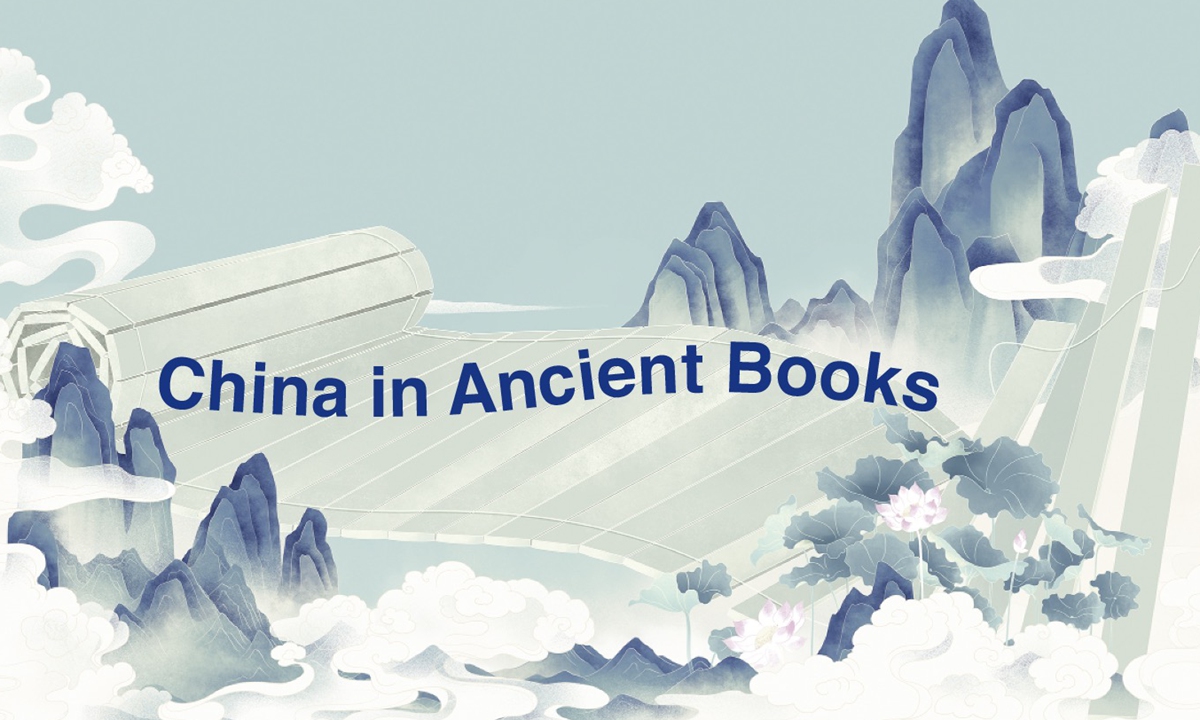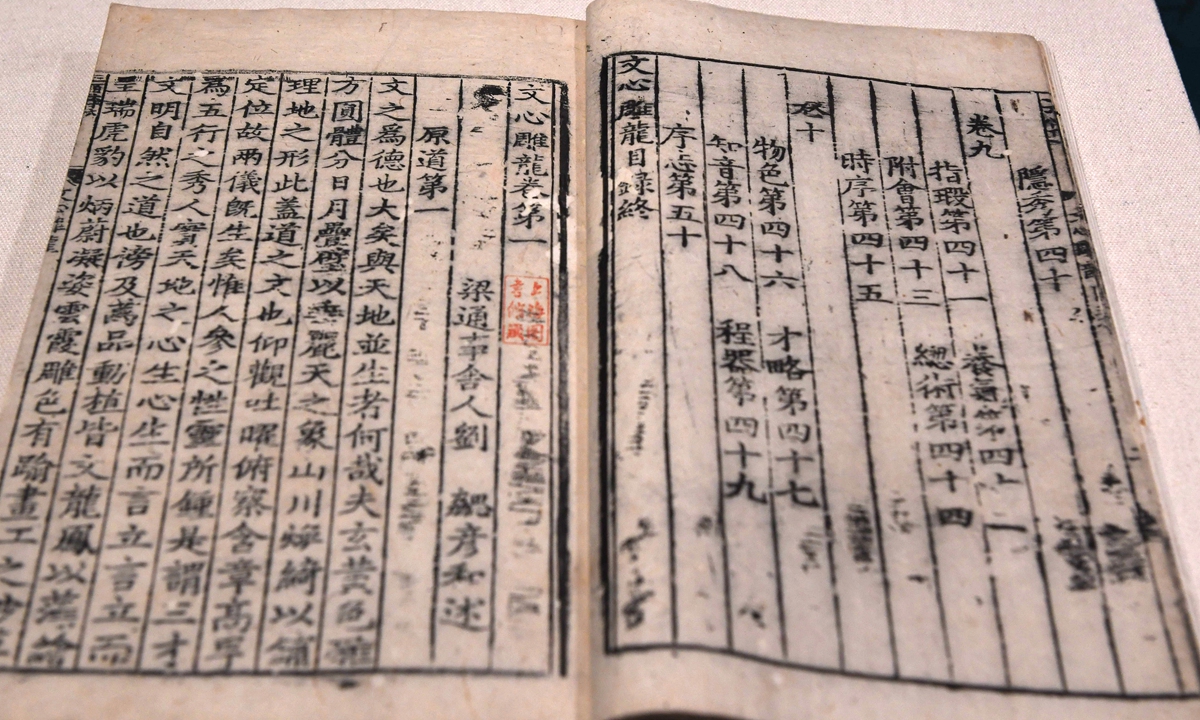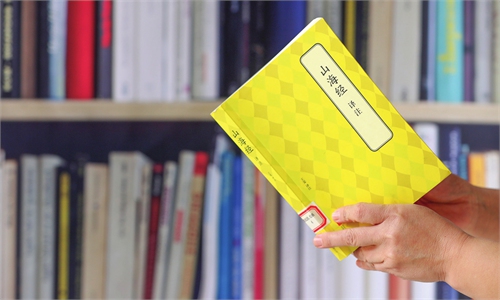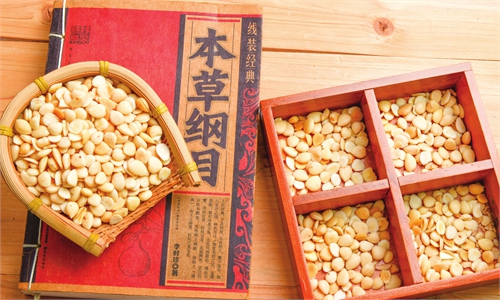ARTS / CULTURE & LEISURE
China in Ancient Books

China in Ancient Books
'The Literary Mind and the Carving of Dragons'(I): Ancient book on writing theoryThe Literary Mind and the Carving of Dragons, or Wen Xin Diao Long, is an ancient Chinese book of literary theory and the earliest comprehensive work of literary critique. It provides a systematic summary of Chinese literary origins, classification, styles, figures of speech, language and critique.
The work was written by Liu Xie, a literary critic of the Southern and Northern Dynasties (420-589). Liu Xie was born into a poor family. When he was young, he was fond of studying. But due to his low social status, he had no chance to fulfill his academic pursuits. So he went to a Buddhism temple to help reorganize Buddhist scriptures, during which time he got access to many Buddhist classics and gained his own understanding through extensive reading. In his middle age, he served as low-level officials. He became a monk in his later years, which was when he completed his great work.
The book is composed of 10 volumes with 50 articles divided into four categories: the overview, literary forms, writing theory and literary critique. The first part, which serves as the pivot of the book, covers the core principles of literary critique; the second part discusses the evolution and different features of 35 kinds of literary forms; the third part discusses the basic methods of literary writing and ways to appreciate and critique literature as well as the talents and contributions of writers of previous dynasties; and the fourth part Liu explains his motivation and the principles he used to write The Literary Mind and the Carving of Dragons.
The Northern and Southern Dynasties marked an era of great division, turmoil and fusion, when conflicts occurred between different social classes and inside the ruling class.
This caused literati to become reflective and led to scholars departing from only sticking to the Confucian classics and realizing the independent value of literature and art. During this era, literature was separated from Confucianism for the first time and literary critique began to emerge. However, some of the critics were nobles or officials who simply made irresponsible remarks without any criteria. In addition, due to the rise of Taoism and metaphysics, literary prose was often filled with excessive embellishment. Therefore, how to deal with this literary trend became the historical mission of this book.
Global Times

A copy of Wen Xin Diao Long in National Library of China in Beijing.Photo:IC



